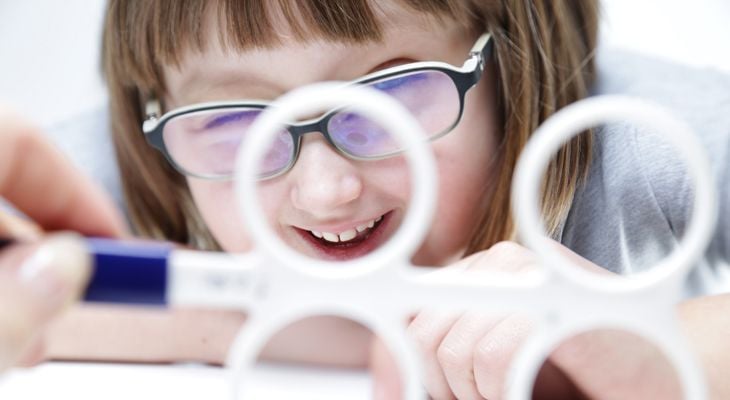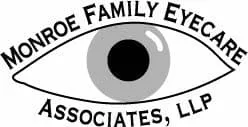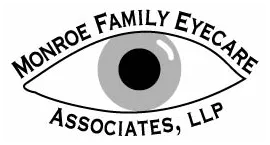This entails a wall-mounted square board with a starburst design. Along the various striations of the starburst are lighted buttons. As the buttons light up, the patient works quickly to see how many of these lit buttons they can push before they go out. The key is to keep the head still. Peripheral
Read more

Vision therapy programs are designed to correct complications like astigmatism, wandering eyes, lazy eye or crossed eyes – all of which can affect eye focus, eye movement, visual perception and coordination. With visual therapy, a combination of vision exercises and specialized equipment are used to train the visual system to repair itself, or strengthen itself, so that eye problems can be rectified or diminished enough to improve how the patient views the world and functions in it.
Executed under the supervision of an optometrist, visual therapy is implemented in an office once to twice a week for up to an hour. Exercises and equipment will be personalized to meet the patient’s needs based on the severity of the problem and related symptoms. These components will also be considered when determining how many sessions the patient requires. To accompany in-office visits, the optometrist may also educate the patient on how to perform specific vision exercises at home.
When visual therapy is complete, and all necessary sessions have ended, the patient’s visual skills and capabilities should have improved and any symptoms associated with their eye condition should have reduced significantly. In addition, visual efficiency should have enhanced and the patient should be more efficient when it comes to processing and understanding visual information.
-
Saccadic Fixators
-
Patches
Eye patches are used to strengthen muscle control in weak eyes. By placing a patch over the strong eye, the weaker eye is forced to do the heavy lifting. While it may be uncomfortable for the patient at first, the muscle controlling the weaker eye will become tougher and more resilient. This will allow
Read more -
Rotation Trainers
Rotation trainers consist of a disk – with various designs – that is attached to a rod-like base. As the disk rotates, the patient is asked to perform tasks that are designed to test and enhance eye-hand coordination, space awareness, perceptual awareness and visual acuity.
Read more -
Computer Software
Computer aided vision therapy consists of a software package designed to enhance eye tracking skills, visual thinking, processing skills and binocular vision skills. Eye teaming, focusing and tracking are not optical in nature, and problems in these areas are the result of poor eye muscles. Specialized
Read more -
Prisms
A prism has the same cross-section across the entire length of its shape. When used in eyeglasses, they often correct abnormalities associated with nearsightedness, farsightedness and double vision. Eyeglasses, or corrective lenses, reduce or increase the size of the image based on the eyes’ ability
Read more


